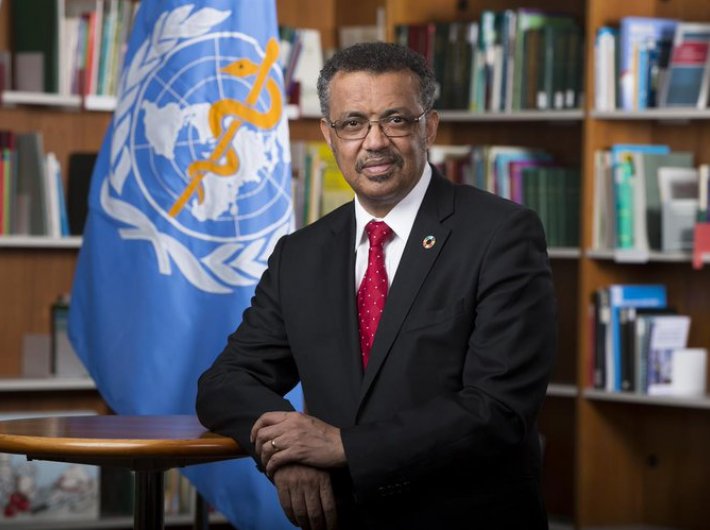Coronavirus is the proverbial last nail in the coffin of globalization. Following this pandemic, we shall be constrained to live in a changed world. The claims of global solidarity and international cooperation have been decimated amidst this pandemic. This can be seen in the recent heightening of US-China tensions – a natural corollary of the Chinese origin of the virus and the America First policy of Donald Trump.
Throughout this pandemic, governments have hoarded medical equipment showing least concern for the inequalities that exist between nations in the world health order. (The fundamental truth here is that the virus can spread anywhere, shattering previous assumptions that transmission abates with increasing temperature and /or humidity). Barring a few notable exceptions, no government has lent a helping hand to African nations struggling with broken health systems and a dearth of qualified health workers. Even India, a country known for its magnanimity, has pledged only $10-million contribution to the SAARC Covid-19 Emergency Fund. The pandemic has shattered the few remnants of the superficial plaster of inter-governmental co-operation and laid bare the concrete truth: When a problem arises, every nation stands only for itself.
Globalisation mustn’t simply be associated with cut-throat trade, for it is the heart of Internationalism: The principle of cooperation among nations for the promotion of their common good. For all that we have seen till now – from Trump’s ultimatum to the World Health Organization (WHO) to Bolsonaro’s criticism of Chinese investments in Brazil as a threat to national and economic sovereignty – it is merely a propaganda fest, the soul of which is intense nationalism. Despite openly undertaking jingoistic policies, the approval ratings of leaders around the world have shot up, attesting that the pro-nationalist stance of governments is ultimately backed by citizens at large.
Locally speaking, even Indians have largely failed to notice the subtleties of the Aatmanirbhar Bharat Abhiyan, which endeavours to promote and rejuvenate our local economy to create more employment. It openly promotes the idea of being “self-reliant” as a nation and not being dependent on other countries for investments and aid. We, as a nation, have accepted the ongoing trend of de-globalisation and are cognizant of the minimal collective solidarity among the States.
With the influence of the WHO at an all-time low since its inception, it is inevitable that the callousness of nationalist States shall further manifest itself openly in the form of a world-wide strife for preferential access to the vaccine whenever it is announced. The nation winning the Covid-19 vaccine race would certainly cater to its own citizens first. Then will come the turn of the richer nations, who will compete for priority access to any vaccine which makes its way to the market. The poorer nations would most probably be stuffed down and will only be able to get their share through aid organizations several months later. In the meantime, countless might die. Prospects of a neutral vaccine distribution system which takes into account the scale of outbreak in various nations, rather than catering to the nation-first agenda of influential superpowers are dimmer than ever.
I wish we could emerge through this dark tunnel with our humanity intact and embrace the warmth of sunlight through collaboration and mutual love. But the trends so far unnervingly portend otherwise. It seems obvious that nationalism would hardly subside and the inconceivable powers attained by the federal governments of most nations would not be relinquished readily once the pandemic is over. I hope I am proved wrong and our collective response is based on collaboration and not competition.
